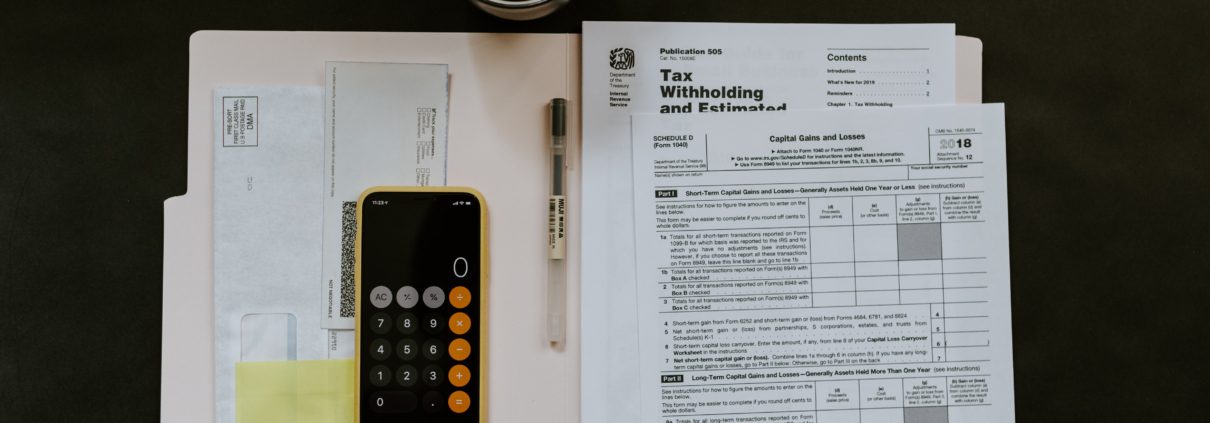The tax benefit of making donations: How does it work?
We help set up many charities and are often asked about the tax benefits. We go into this in our “Charities in New Zealand” book, but want to outline some key points here.
Charities benefit from receiving donations and donors often benefit from the ‘feel good factor’ of helping out worthy causes. Registered charities do not pay tax and their donors can benefit further by applying for a ‘tax credit’ to get a third back, either by applying directly to IRD or by way of ‘payroll giving’.
Direct donations
People often make donations to charities directly. The donor can then submit the receipt to IRD who will issue a ‘tax credit’, which effectively returns 33.3% of the donation to the donor. Find out more about claiming tax credits for direct donations.
What is payroll giving?
Payroll giving occurs when employers enable their employees to make donations directly from their gross wages. The tax benefit is that the amount of PAYE or withholding tax the employee pays is reduced by the amount of their donation. They also receive a ‘tax credit’ from the donation, which is 33.3% of the donation value.
Payroll giving is therefore a bit simpler as the donor does not have to submit their donation receipts to IRD to claim the tax credit.
What needs to be in place for payroll giving?
Employers will only be able to offer this service if they file their payroll taxes electronically. They can either use the myIR online service, or attach files from their own payroll software.
Even if an employer has the ability to use payroll giving, it is discretionary. Employers may also use their discretion to choose how the donations will operate, for example, they may designate specific charities that can be donated to, and they may designate a minimum donation amount.
Only ‘donee organisations’ can receive payroll donations.
What is a donee organisation?
IRD maintains a list of donee organisations. Charities are added to the list if they use at least 75% of their funds within New Zealand (that is, they operate “wholly or mainly” here), or for the public good if an organisation is not a charity. For more on the threshold, you can check to see if a charity is on the IRD donee organisation list here.
Other resources:
The IRD has put together this excellent guide to payroll giving.
It is also possible to claim tax credits on donations to charities supporting overseas causes.
We help with charity set ups and answering questions all the time. If you would like to discuss further, please contact one of our team on stevenmoe@parryfield.com, michaelbelay@parryfield.com, sophietremewan@parryfield.com, or yangsu@parryfield.com at Parry Field Lawyers




